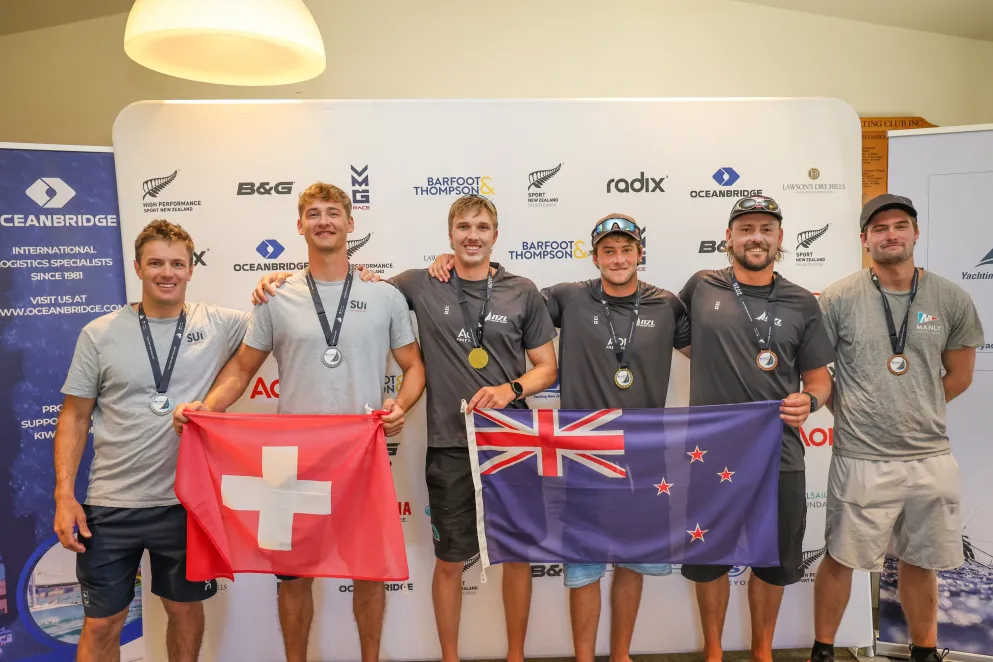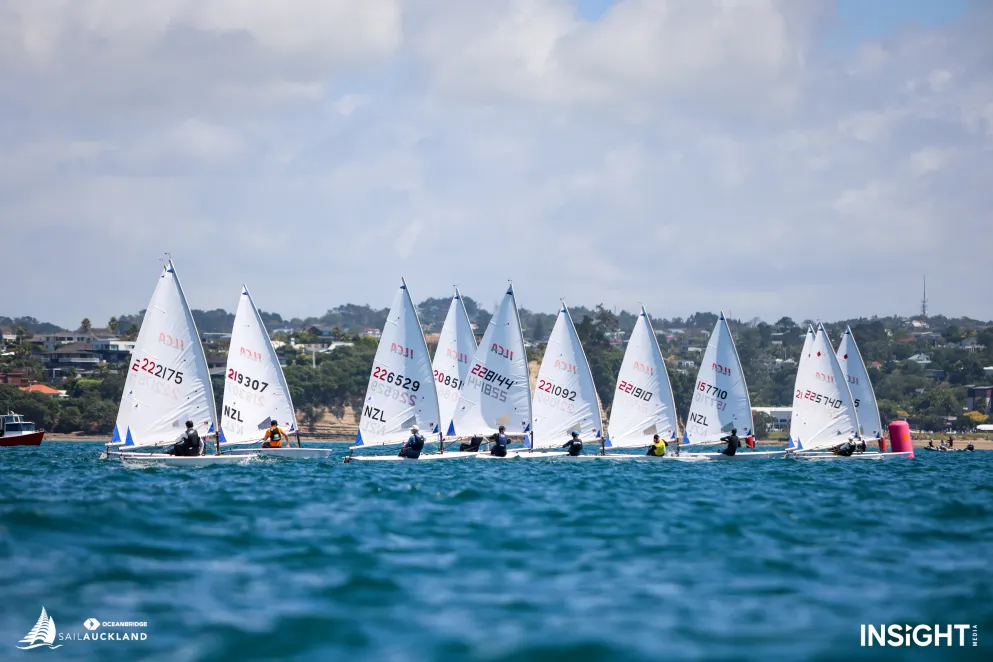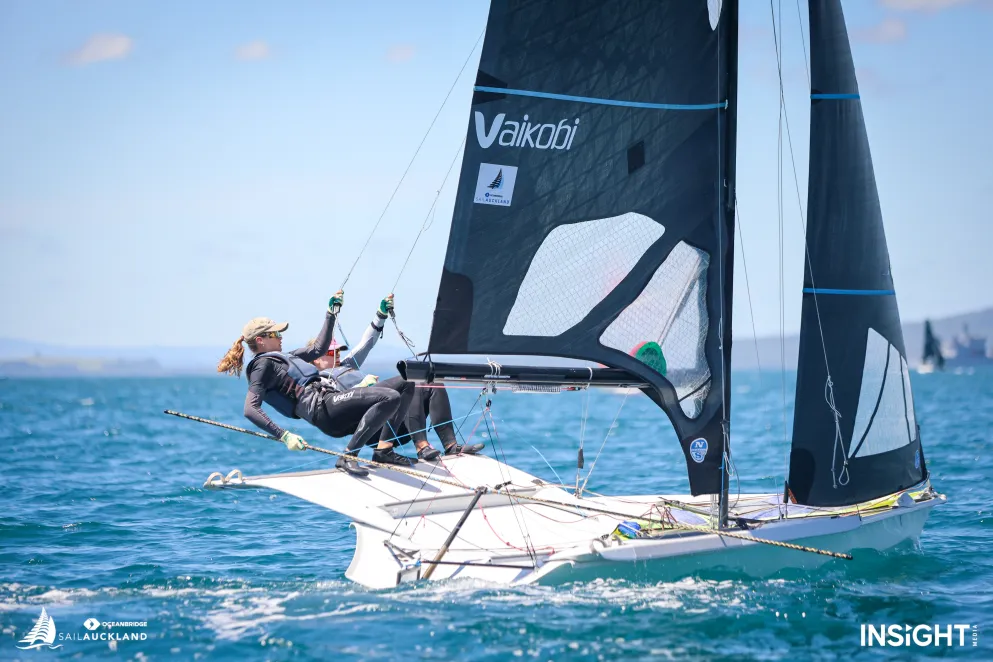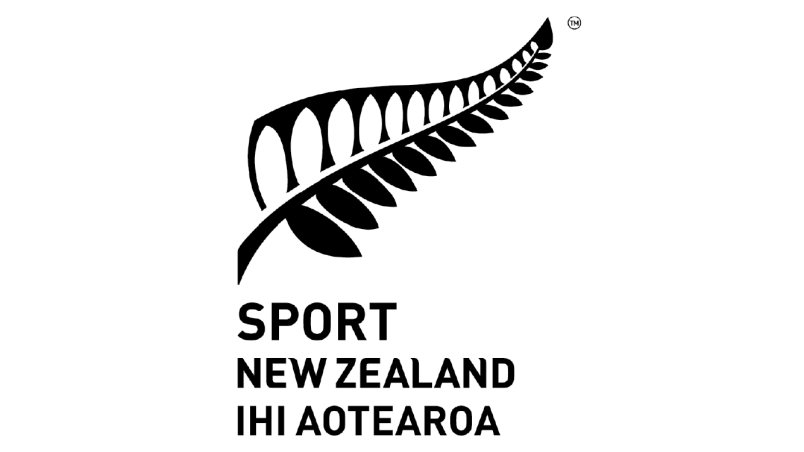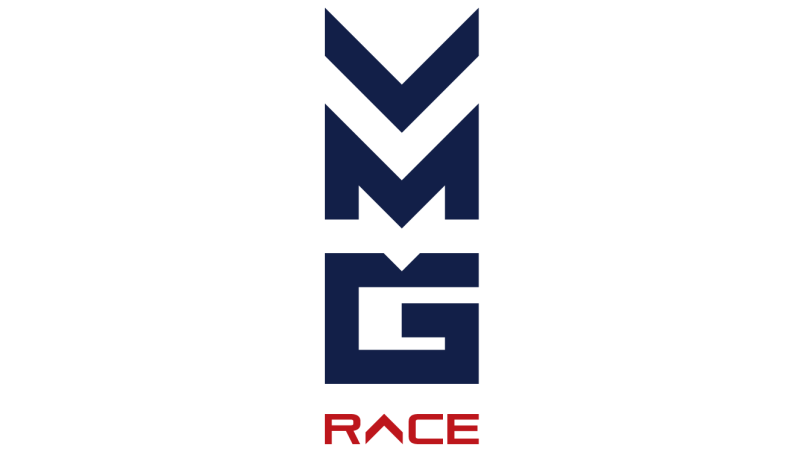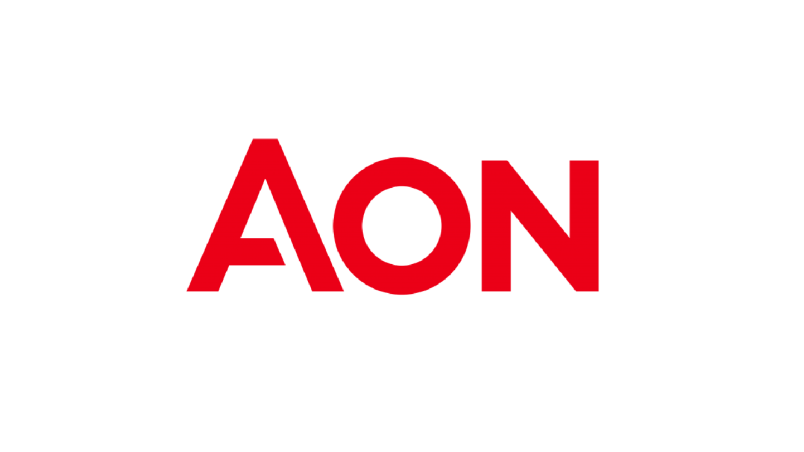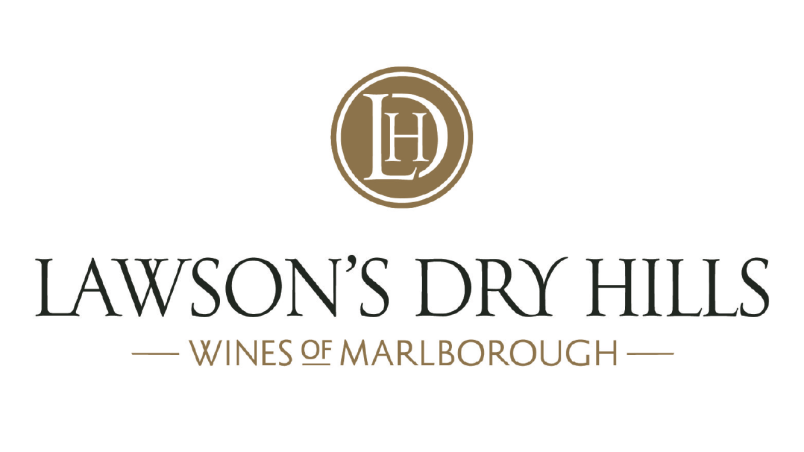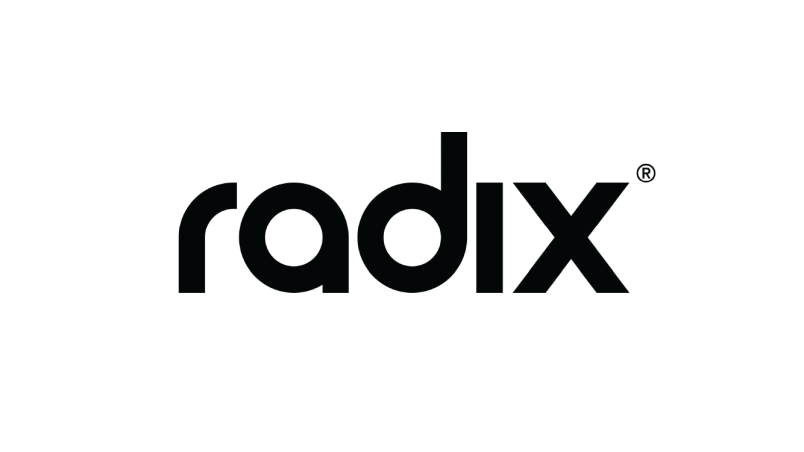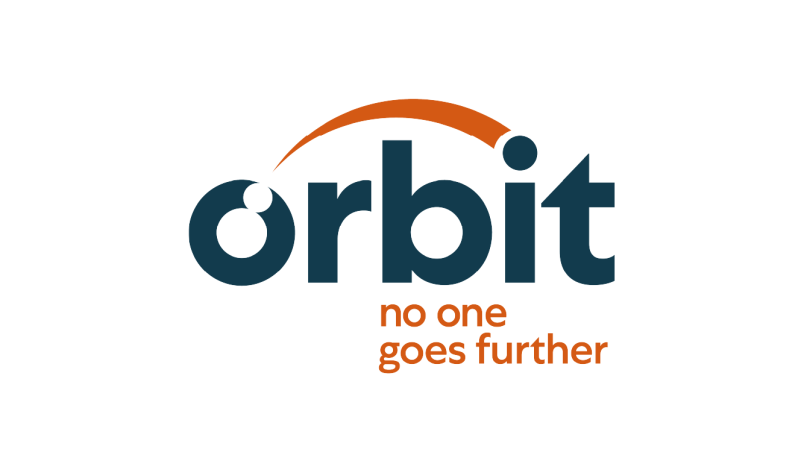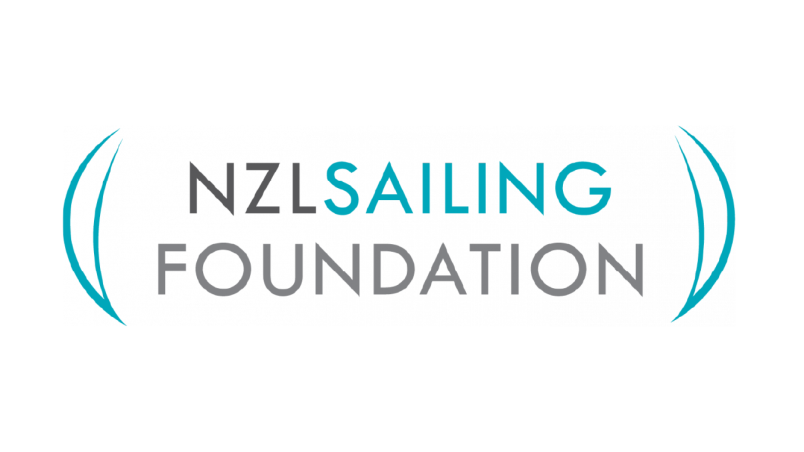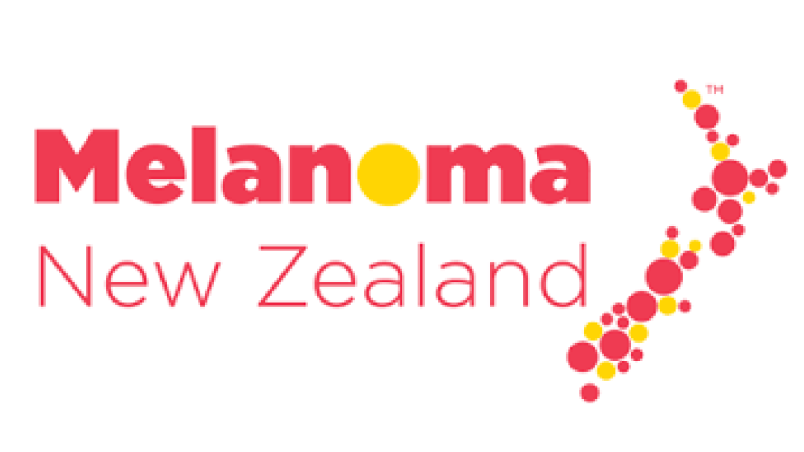Spotlight on: Harri Wren and Peron Pearse
Harri Wren and Peron Pearse have just completed their first Round North Island race aboard Start Me Up – a Ross 930 and one of the smallest yachts in the 34-boat fleet to tackle the 1200nm trek around Te Ika-a-Maui.
The couple, who recently celebrated their third anniversary, finished an impressive third in their division after overcoming a collision at the start line and some challenging conditions over eight days.
In the latest of our regular feature shining the spotlight on the New Zealand yachting community and the people at its heart, we talk to Wren and Pearse about their love for sailing, their journey thus far and tackling New Zealand’s most prestigious – and most gruelling – offshore race.
Congratulations on completing your first Round North Island. Was it as challenging as you expected?
Pearse: Yes and no. It's obviously challenging getting a boat around the course, but we found our rhythm pretty early on, which made dealing with the fatigue a bit easier than I thought it was going to be.
Have you recovered from the lack of sleep?
Wren: We were all good last Monday, and we went back to work on Tuesday but then as the week went on it got a lot harder! Your body is working 24 hours a day - especially when you’re only asleep for an hour at a time. We had some very slow days out down the West Coast, which made for more comfortable sleeping, even though we were out there longer. Then there were some rough nights and neither of us could sleep much at all.
How did you prepare for the race? You only bought the boat about a year ago?
Pearse: That's correct. We obviously hadn't done any massive races with the boat beforehand, though it had been around the North Island in the last edition three years ago. I've done a Noumea Yacht Race and other races with Steve Mair on the old Clockwork and that’s where I got the offshore itch from. We’ve both done a load of Akarana 350s and longer races around Auckland, too in the build-up.
You had some misfortune on the start line in Auckland, colliding with Playbuoy.
Pearse: There were more launches and spectators than anyone expected and while that was great to have that support and interest, it made for a very busy start for everyone. We ended up in the unfortunate situation where, I think, both boats were avoiding a launch and looking at that and then we popped out from behind said launches just in the wrong place. It was just an unfortunate situation for everyone, to be honest.
Playbuoy was forced to retire from the race, and you suffered significant damage. Did you think your race was over?
Pearse: We broke the prod; the bowsprit broke into a few different pieces and then their boat put a decent dent in the bow just above the knuckle.
Wren: Everyone says the race to the start line is the first race with something like the Round North Island and there were definitely thoughts of, ‘Oh no, it's over before it's even started’.
Pearse: We were lucky enough that it went through the outer skin and into the core but didn't go through the inner skin, so we weren't sinking.
Wren: It was only once we realised we weren't sinking and that it was only the prod that we thought we could keep going. I can only imagine how the other guys, who did have to withdraw from the race, were feeling. It was awful.
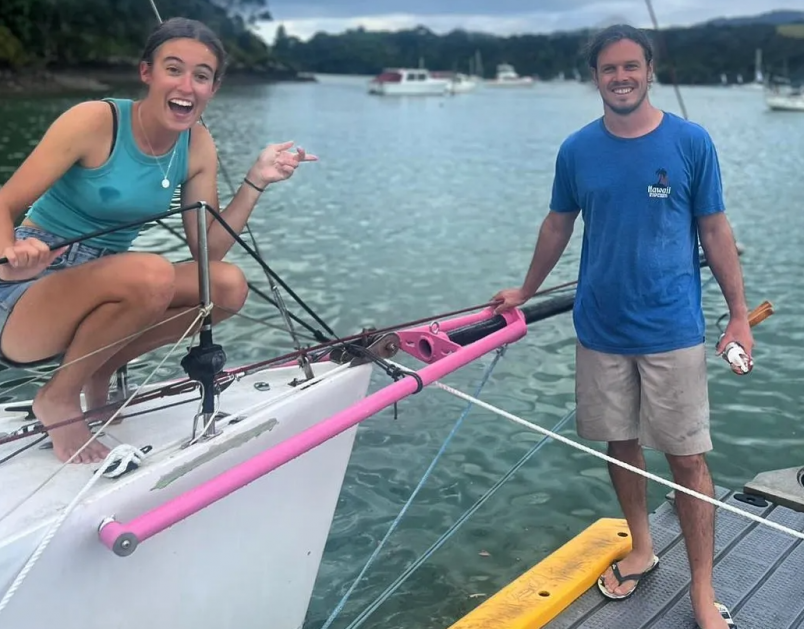
Did having the course changed quite late, excluding Napier as a stopover after the cyclone damage to the region, change your strategy at all?
Wren: Not really. It almost helped that we hadn't done the race before as we didn’t know any better! Some of the other guys were probably having to adjust a bit more. The decision to send the fleet back up the West Coast only added about 70 miles… and it was quite comfortable waters for us doing the last bit down from Cape Brett since we've done a few trips up and down that coast.
What were some of the highlights along the way?
Wren: Sailing out of the Sounds was pretty cool - it turned it on for our stopover.
Pearse: We've never actually been to Cape Reinga before, so it was cool to see the lighthouse, even if it was from a different perspective than most other people.
Did being a couple make the race harder or easier?
Pearse: We've obviously done a lot of our own sailing on other big boats, and with other teams and it’s much like sailing with any other person. You're there to get a boat around the course and to do it as efficiently as possible. That’s your goal until you step off the boat.
Wren: You do read each other's minds because you're used to having each other a round. It's not all glamorous and when you’re not feeling 100 per cent the other one knows that and that you can be fixed with a chocolate bar. Those little things make it easier.
How did you celebrate after getting back into Auckland?
Wren: Our prod was painted pink after it was fixed, and we were greeted at the dock by a full support crew with everyone in pink shirts. It was incredibly humbling to see how the yachting community came together to support us after the crash. We would have been one of the last boats in, but people all came back down to the marina to help us with our lines. Of course we owe a lot to our sponsors and supporters - Doyle Sails, Advanced Flight, Colormania, Brandit.kiwi, Wadding Solutions and Steve Mair.
How did you first get into sailing?
Pearse: I was involved with sailing at quite a young age. Mum and Dad always owned boats and we cruised around the coast of Western Australia, where I’m from. I got into dinghies and then ended up coming over here for a gap year in 2015, 2016 to start the youth programme [at the Royal New Zealand Yacht Squadron]. I’ve been here ever since.
Wren: When I was at school, we had a visit from someone from the Olympic sailing team. I took home a form and told Mum I would like to do this. She probably thought I wouldn’t last a minute but here we are.
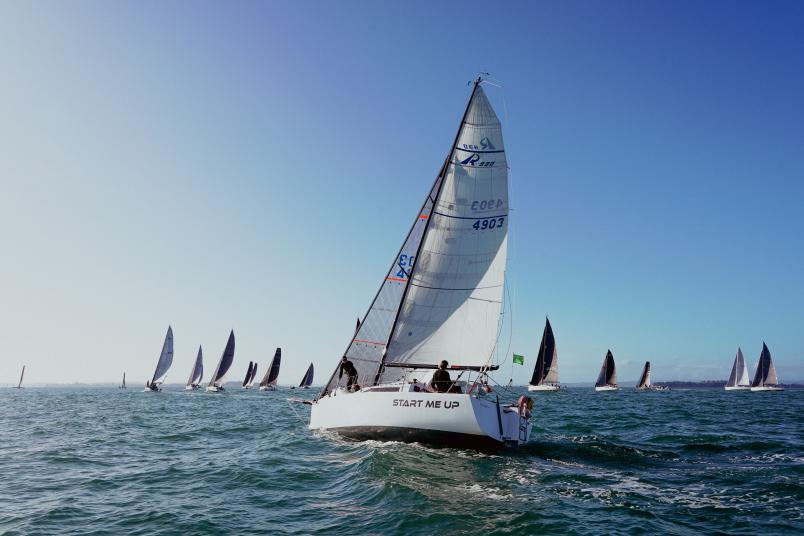
Was it challenging finding your place and your passion in the industry?
Wren: I didn't go down the traditional youth classes pathway and kind of fell out of the dinghy scene and I found it quite hard to jump back into it. The youth programme at the Squadron got me into keel boating and there were so many options to pursue. But I still had to spend my time at the back of the boat, watching for a while, and at times it felt like I wasn’t contributing.
You’ve ticked off one bucket-list race… what’s next on the horizon?
Pearse: We're quite excited to get back into the cruising because we've spent so long just preparing the boat for the race and making it as good as we could. So, we will do the shorthanded series in the next couple of months, both the Enduro and the Triple Series. This will be a good year for us to step back and do the slightly shorter races and have some other people to race against. We want to race more boats our own size.
Follow Harri Wren and Peron Pearse on Instagram and Facebook.

